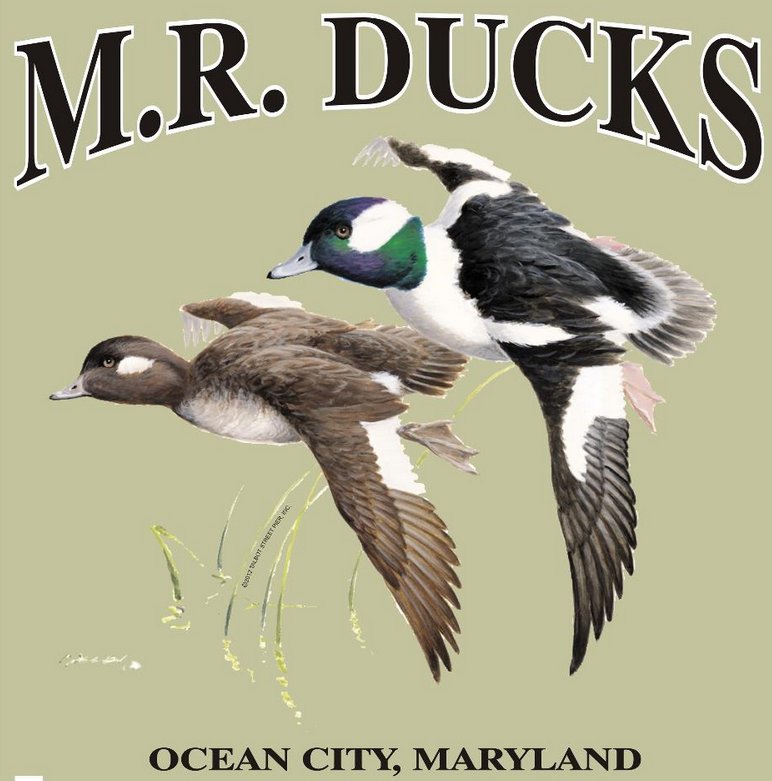Years ago I was introduced to my wife’s grandmother. This small but formidable woman lived in Columbus, Ohio, a descendant of tough, blue collar shanty Irish. We got to talkin’ about the experience of the Irish in America, the Democratic Party’s abandonment of regular folk, why you never can really trust a Republican, and wouldn’t it be great if Pat Buchanan actually became president. She was tough and two-fisted and would have fit in well with some of the tough and two-fisted characters I knew from Baltimore.
Later in the evening my wife told me that her grandmother approved; her sole reservation about me was, “that boy talks Southern.” Indeed “Grumpma,” as she was affectionately known by my wife’s family, had explained to me earlier that her people in central Ohio did not trust Southerners. Their charm, polish, and manners hid deep and dark designs. I took no offense since I generally was distrustful of fast-talking and rude Yankees. But Grumpma’s comment on my talking Southern was curious.
Truth be told, my accent is a 40/60cross between “Bawlmorese” and the softer sounds of the tidewater. Nothing unusual here, Maryalnd until recent times was a melting pot of dialects and accents where one could hear the flat sounds of Pennsylvania’s midlands accent, the soft tidewater lilt and slur, the hard r’s and flat a’s of Appalachia, some old Cornwall sounds from the islands in the Chesapeake, all spiced with either low country Carolina or Brooklyn bravado from immigrants south and north. In the old days it could sound a bit like Robert Mitchum’s character, Max Cady in the film Cape Fear—southern velvet with a hard edge. Not so long ago one could tell what part of the city of Baltimore a person came from by listening to how he pronounced the name of the city. In general, “Bawlmer” pegged you as someone from the east side, Balteemore from the westside, if you lived in Roland Park and attended a toney school like Bryn Mawr, you said Băltĭmòre (very proper), from the south side of town people said Baldamor, and those of us who lived south of the Patapsco, the non-rhotic, soft consonant Balmoh. As populations have changed and folks get more mobile these differences no longer exist in the stark fashion of yesteryear, but they are still there if you go looking for them.
Points further south of Maryland exhibit a linguistic diversity just as rich. The genteel class of the tidewater and low country South speak what is for my money the most beautiful form of English in the world. Not all southerners talk slow; I have heard southerners in the piedmont speak in a staccato clip that might leave a New Yorker breathless. Add to this the deep rich tones of the delta in Mississippi, the flat intonations of Cajun speak, the mysteries of Gullah speech, and the thousand and one other variations of speech and dialect that I am slighting, and one must conclude that talkin’ Southern is the most complex of linguistic gumbos. Thus folks in the North might think I talk Southern, but to the ears of many an upcountry South Carolinian, my voice carries the tones of a Yankee. Mind, one could be a native Charlestonian and the upcountry Carolinians would still insist that yes, that person too sounds like a Yankee. This point was made to me by a fellow graduate student at USC (The real USC, not that whippersnapper on the Left Coast.) who related the story of a female teacher from Charleston who made her way to the wilds of Due West, South Carolina to teach the heathen Presbyterian. She was immediately pegged as a Yankee, which is to say a barbarian, for like the ancient Greeks the sturdy sons of the Piedmont only heard “bar, bar, bar” when she spoke.
It will surely be a shame if the current rage for cultural homogenization carries these beautiful ways of speaking away from us. Dialect, you see, is more than inflection, lilt, and tongue placement. It is indicative of how we view the world and our place in it, dialect and accent transmits our culture and pace of life through time and space via sound. I think a diversity that celebrates many colors, one sound, and one way of thinking is awful bland at best, like having vanilla, chocolate, and peppermint all taste the same. The tyranny of sameness is a desert.
No, I want to hear the long vowels and soft consonants of southern coastal speech, people who live in heat and humidity should talk that way. When I am in the hill country I want to hear Scotch-Irish twangs, out west give me a Texas drawl that moves with the slow thunder of a cattle drive. Me, I want all the flavors of the Southland. How dull if in an Eastern Shore duck blind we hear a conversation that goes like this,
“Those are ducks.
No they are not.
Oh, yes they are.
See their wings?
Well I’ll be.
Those are ducks!”
So much better to hear,
“M. R. Ducks
M.R. Not
O.S. A. R.
C.M. Wangs
L.I. B.
M. R. Ducks.”







